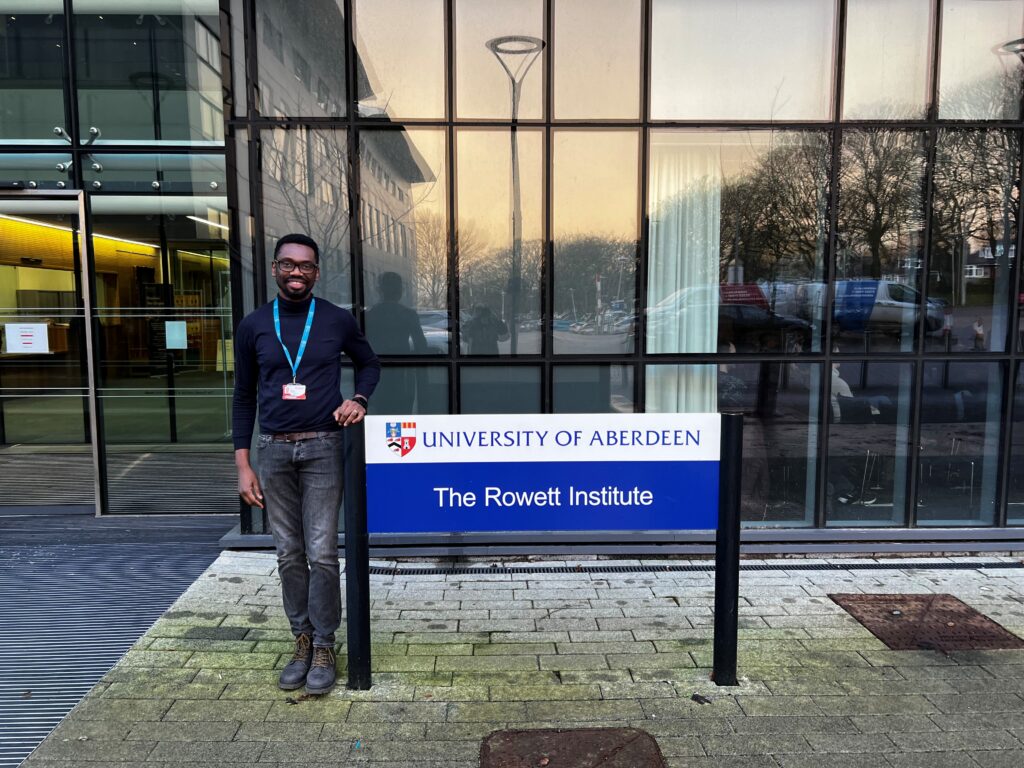
News
A new paper from Research Fellow at The National Decommissioning Centre Dr Michael Olatunde and colleagues explores how Dissolved Organic Carbon concentration and temperature impact Sulphate Reducing Bacteria induced corrosion of low-carbon steel in marine environments with significant insights for offshore decommissioning and asset integrity.
The paper, ‘Sulphate reducing bacteria influenced corrosion of a low carbon steel in marine environment: the role of dissolved organic carbon and temperature’, has been published in International Biodeterioration & Biodegradation.
Highlights include
- Sulphate Reducing Bacteria (SRB) increased the corrosion rate of carbon steel in seawater at 15C but reduced corrosion rates between 20 – 25C
- SRB produces a biofilm that acts as a barrier against temperature effects on carbon steel corrosion
- SRB influenced corrosion rate is inversely proportional to DOC concentration up to 25 days but directly proportional to DOC concentration from 90 to 125 days.
The full paper can be read here – Sulphate reducing bacteria influenced corrosion of a low carbon steel in marine environment: the role of dissolved organic carbon and temperature – ScienceDirect
The NDC gratefully acknowledges The Rowett Institute, University of Aberdeen for its invaluable technical and academic support. Dr Olatunde was able to conduct key experimental work in the Rowett’s microbiology laboratories, enabling this important research.
Notes for Editors
| Published | Thursday July 17th, 2025 |
